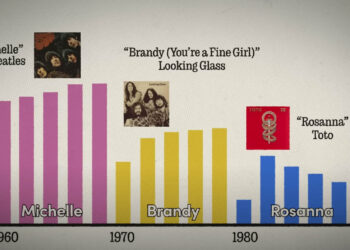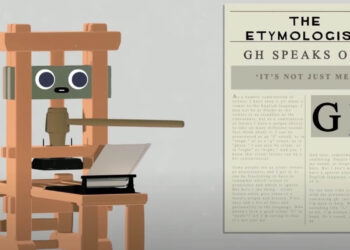I recently caught last year’s hit movie Source Code, thanks to my DVD queue. It’s an interesting sci-fi thriller that probes what might happen if all the information available from electronic devices and the equivalent of human neural flash memory were concatenated to recreate the last eight minutes before a tragic event. Of course, there a twist, and a lot of action and pathos, but the idea is essentially this — information can outlive us.
The TED Talk below explores this notion, with some fascinating Web services that are springing up around the concept. There’s an especially creepy one that might call you out of the blue . . .
Not exactly fun summer fare, but sometimes we need a little bitterness to offset the palate.
Discussion
2 Thoughts on "What Happens to Your Online Social Self . . . After You Die"
The most scholarly among us will recall that the organizing myth for the TV series “Battlestar Galactica” is based on information outliving us. In that classic, a young woman creates an avatar in a virtual world (note allusion to Neal Stephenson’s “Snow Crash”); the avatar is lifelike and “contains” all of the woman’s personal information and memory. After the woman dies in a terrorist attack, her avatar is imported to a primitive robotic device, the first of what will in time evolve into the creepily lifelike Cylons, a robotic race that attempts to wipe out all humans. Readers of the Kitchen will be kept apprised of this developing story.
In light of all the recent TED talks posted here, I though this article might be of interest:
Can we trust scientists who give TED talks?
It’s an interesting look at some of the TED talks that garnered great attention but presented ideas that weren’t really supported by the actual work. One they missed out on also was the controversial TED talk on crow vending machines, which the NY Times had to issue a correction over.
All of which gets back to the value of peer review, and that there’s probably something to be said for the old and stodgy way of publishing validated results that has some advantages over slick videos with very little oversight.



